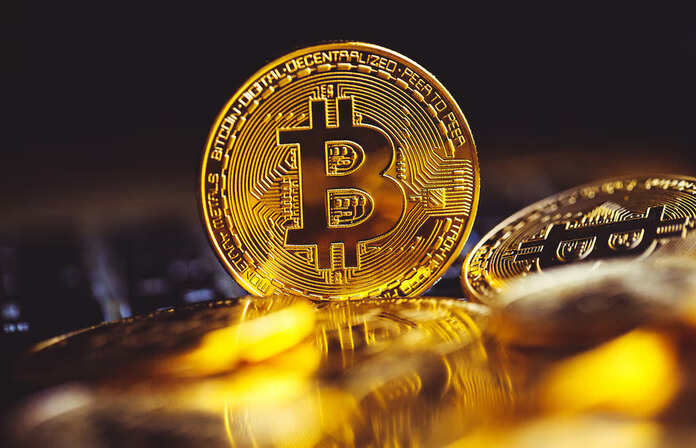Bitcoin’s Bull Run: Why It’s Far From Over

As Bitcoin’s price stabilizes near its previous all-time highs, many are questioning whether the current bull run has come to an end. However, historical data indicates otherwise. The market is presently testing support at the “fair value band” for the second time since the recent halving event. This pattern is reminiscent of the 2016 and 2020 cycles, during which Bitcoin similarly moved sideways before experiencing a significant breakout. With Bitcoin priced at $55,000 just 124 days post-halving, it is premature to declare the bull run finished. Historically, substantial price surges have followed around 160 days post-halving.
Whale Accumulation and Liquidity Signal Strength
Institutional investors, particularly Bitcoin whales, are demonstrating strong confidence in the market. Wallets holding between 100 to 1,000 Bitcoin have accumulated an additional 100,000 Bitcoin in just the past six weeks. This increased accumulation, occurring as Bitcoin consolidates at its fair value, suggests that large investors are positioning themselves for a forthcoming upswing. Additionally, rising global liquidity often precedes major Bitcoin price movements. This pattern, observed in past bull runs, indicates that a significant upward move could be on the horizon.
Institutional Adoption and Dollar Weakness
Institutional adoption of Bitcoin is gaining momentum, with approximately 60% of the largest U.S. hedge funds now holding Bitcoin exposure. This growing acceptance further establishes Bitcoin’s legitimacy in traditional finance. Companies like MicroStrategy, which shifted its strategy to holding Bitcoin as treasury, have seen substantial growth since 2021. Furthermore, the strength of the U.S. dollar plays a crucial role in Bitcoin’s price dynamics. Historically, Bitcoin’s price has surged when the dollar weakens. Current trends in the dollar index suggest a potential breakdown, which, combined with increasing institutional and retail adoption, implies that Bitcoin’s bull market remains robust and is likely to accelerate in the coming months.
Featured Image: Freepik



